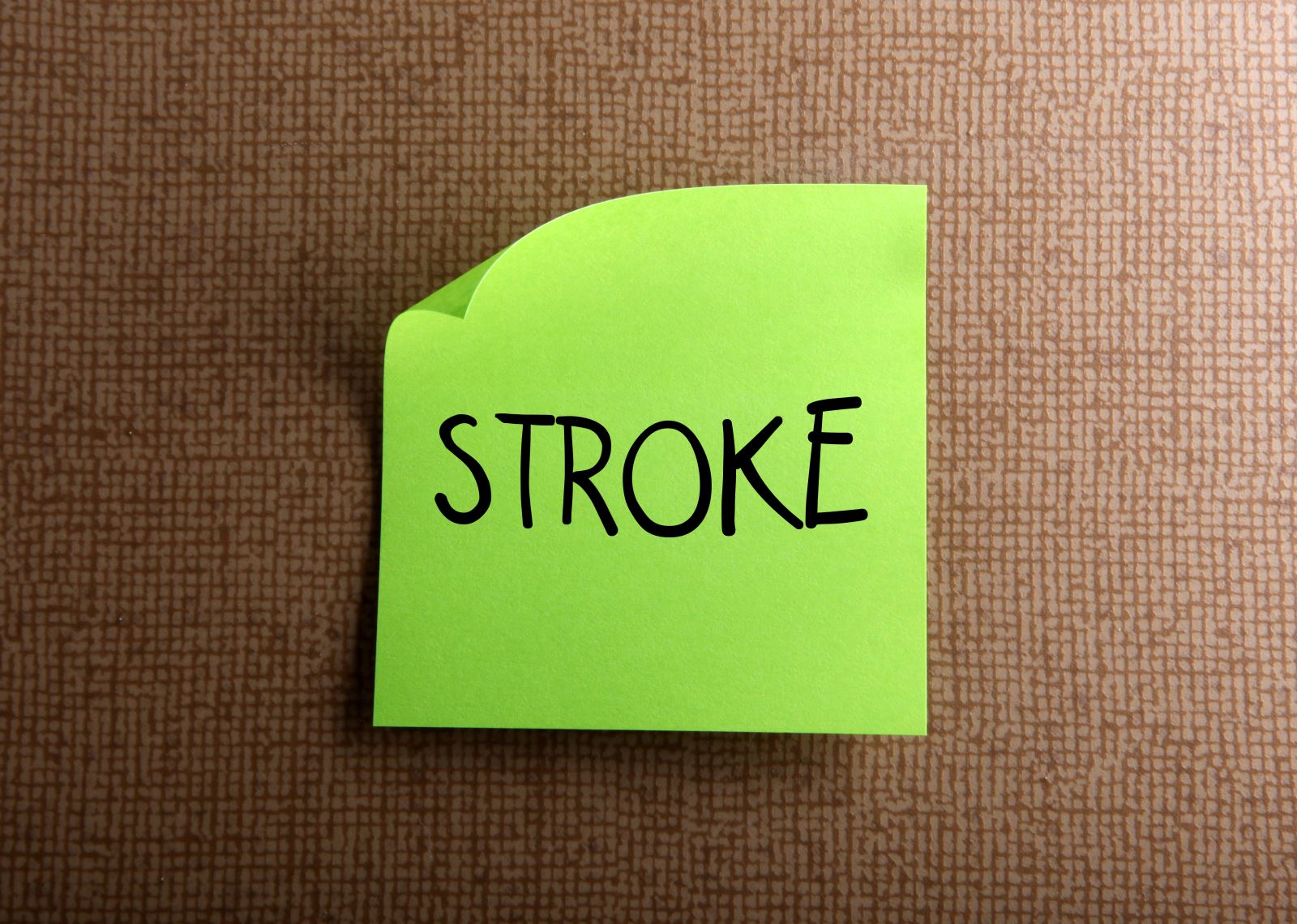May 25, 2018
Stroke: It Happens in an Instant

STROKE: IT HAPPENS IN AN INSTANT
A stroke is an emergency – it can happen to anyone, at any time, and at any age. What happens when someone experiences a stroke and what occurs on the way to and at the hospital is critical in reducing the effects of a stroke.
Every 40 seconds, someone in the U.S. has a stroke. It could happen on your street, in your workplace, where you shop – anywhere.
F.A.S.T. is the watch word for knowing the warning signs of stroke. Stroke patients who are medically treated within 90 minutes of their first symptoms are almost three times more likely to recover with little or no disability.
Survivors have an increased risk for long-term disability and face challenges completing daily activities. Rehabilitation is an important component of care following a stroke. Some form of rehabilitation begins virtually immediately after a patient is admitted to the hospital – to get them on the right path to the best possible outcomes.
However, there are several things patients can do to maximize recovery when they return home.
Here are 8 tips:
- Seek assistance.
Home care or hospice care providers can address the challenges of stroke recovery and ease the burden of family caregivers by offering in-home care services to those with chronic or life-changing health care issues.
- Eat well.
A healthy and consistent diet is crucial when recovering from a stroke. One reason food choice is important is because patients in early stages of recovery may experience weakness or incoordination of the swallowing muscles. A care team might recommend soft foods or thicker liquids, because swallowing problems can lead to fluid aspiration which might lead to pneumonia.
- Compliance is key.
Remember to see your primary care doctor for regular follow-ups and checkups. Your primary care doctor is essential to your recovery from a stroke, and can make sure your medication needs and health issues are being attended to properly.
- Exercise, but within your limits.
Safe levels of physical activity as prescribed by a physical or occupational therapist can go a long way when rehabilitating from a stroke. It’s important that you don’t overdo it. That’s why it’s important to stick to your prescribed routine.
- Limit stress.
Patients are encouraged to keep their lives as stress-free as possible after a stroke. This is not meant to imply that leading a stressed life in some way contributed to their stroke in the first place, but keeping your life more balanced without undue psychological pressures is associated with better outcomes.
- Stay positive.
It’s very common to have a negative attitude after a serious illness, and some patients experience depression after a stroke — sometimes weeks or months later. However, it is important to keep a realistic or positive attitude during rehabilitation to maximize results.
- Do your homework.
For every stroke patient, treatment at a rehabilitation center eventually comes to an end. When you continue onto the outpatient setting, it is essential you do your homework — otherwise known as a home exercise program – assigned by one of your rehabilitation care specialists.
- Stay vigilant.
Following a stroke, patients face an increased risk of second stroke. Your brain helps you recover from a stroke by asking the unaffected brain regions to do double-duty, which means a second stroke can cause far more dangerous effects.
EveryStep Care & Support Services provide care and support to patients, family members and their caregivers through chronic or serious illness, recovery or rehabilitation. Our experienced and compassionate staff can assist family caregivers in understanding the importance of nutrition, exercise, social ties, mental and spiritual health, and how all these things can contribute to wellbeing for individuals of all ages.